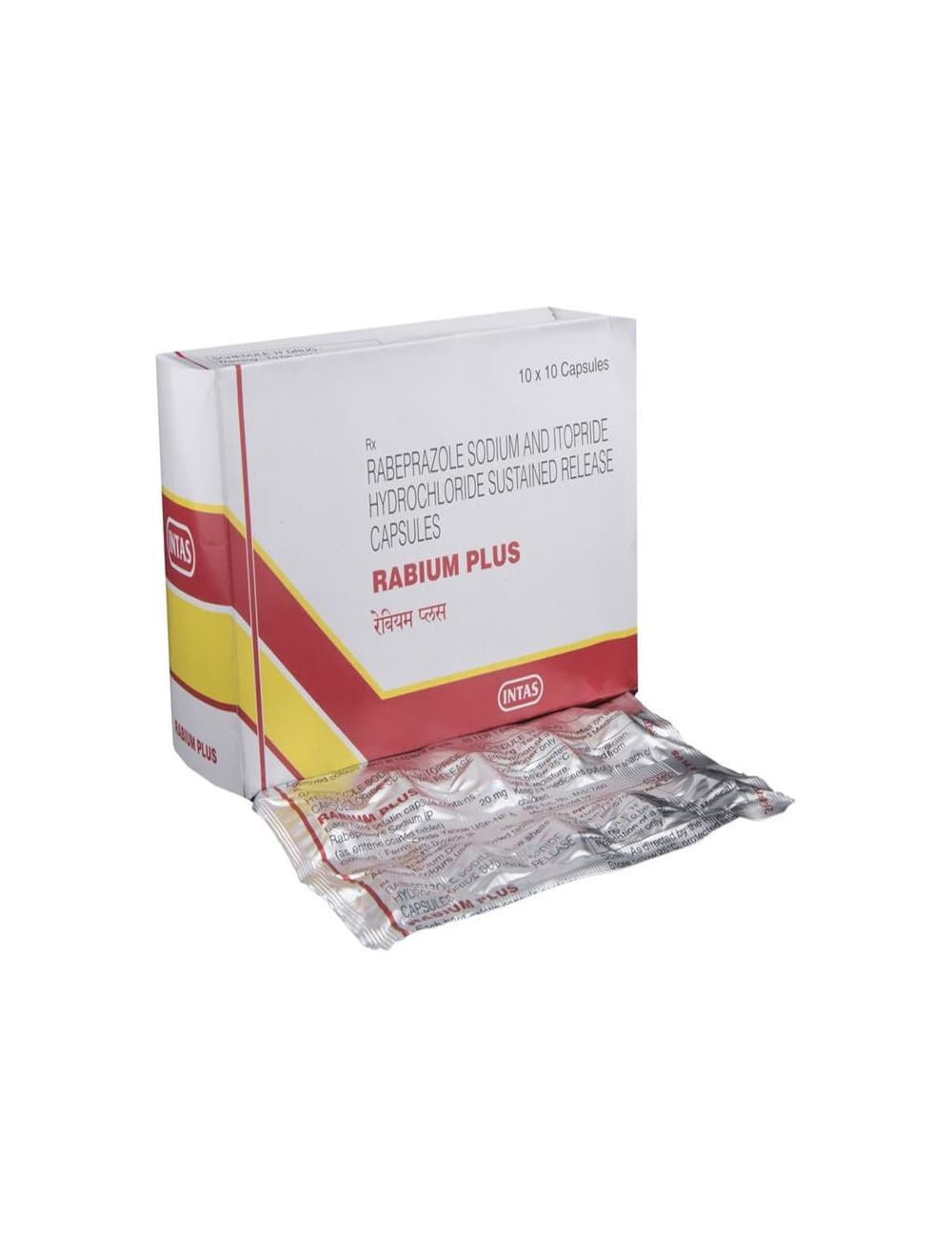takfa
Introduction to Takfa
Takfa is a medication primarily used to prevent organ rejection in patients who have undergone organ transplants, such as kidney transplants. It works by suppressing the immune system to prevent it from attacking the transplanted organ.
Composition of Takfa
Takfa contains the active ingredient Tacrolimus, which is an immunosuppressant. It helps in reducing the activity of the immune system to prevent organ rejection.
Uses of Takfa
- Prevention of organ rejection after a transplant
- Used in combination with other medications to enhance effectiveness
Side Effects of Takfa
Common Side Effects:
- Diarrhea
- Nausea
- Tremors
- Headaches
- Dizziness
- Changes in appetite or mood
Serious Side Effects:
- High blood pressure
- High blood sugar
- Kidney issues
- Blood clots
- Increased risk of cancer and infections
Precautions of Takfa
Before taking Takfa, inform your doctor if you have any allergies, especially to Tacrolimus. Avoid taking it if you have had a liver transplant without consulting your doctor. It's important to avoid grapefruit and alcohol while on this medication, as they can interact with the drug and cause adverse effects.
How to Take Takfa
- Take Takfa as an extended-release capsule every morning at the same time.
- Ideally, take it on an empty stomach for better absorption.
- The exact dosage depends on your weight and medical condition, as determined by your doctor.
Conclusion of Takfa
Takfa is a crucial medication for patients who have undergone organ transplants, helping to prevent organ rejection. While it is effective, it is important to be aware of its side effects and take necessary precautions. Always follow your doctor's instructions and report any unusual symptoms immediately.

Similar Medicines
More medicines by Intas Pharmaceuticals Ltd
Available in 8 variations

tube of 10 gm Ointment

strip of 10 capsules

strip of 10 capsules

tube of 1 Ointment

bottle of 20 ml lotion

strip of 10 capsules

tube of 10 gm ointment

strip of 10 capsules
Disclaimer : This information is not a substitute for medical advice. Consult your healthcare provider before making any changes to your treatment . Do not ignore or delay professional medical advice based on anything you have seen or read on Medwiki.
takfa
Prescription Required
Manufacturer :
Intas Pharmaceuticals LtdComposition :
tacrolimus
















.svg)
